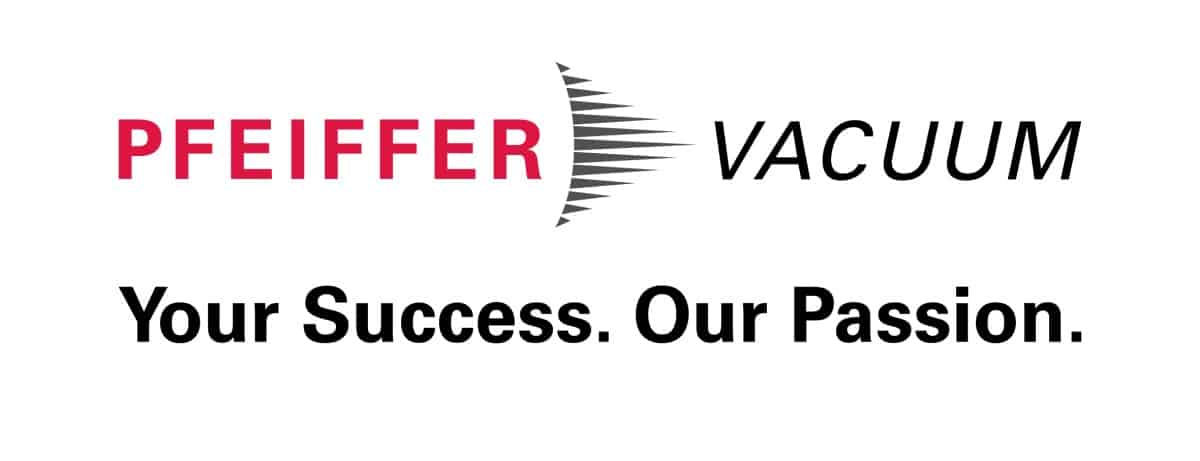Go offline with the Player FM app!
Quantum melodies: the intersection of music and quantum physics
Manage episode 359182198 series 2639990
When pioneering musicians such as Kraftwerk and Brian Eno began experimenting with synthesizers and digital samplers in the 1970s, it was considered avant-garde and confined to niche audiences. It didn’t take long, however, for electronic music to explode in popularity, and today computer-produced music is ubiquitous among many genres and styles. This episode of the Physics World Stories podcast looks at a new trend in its nascent stages – music generated by quantum computers.
The first guest is science writer Philip Ball, who recently attended an improvised musical performance at the Goethe-Institut in London, an experience he described in this Physics World feature. Ball explains why the interface of quantum mechanics and music is interesting from both a scientific an artistic point of view.
Later in the episode, podcast host Andrew Glester is joined by Maria Mannone, a theoretical physicist working on quantum information at the University of Palermo in Italy, who is also a composer. Mannone discusses some of her experiments that incorporate scientific concepts into sound, and you can hear some of the music that emerges.
For much more quantum-inspired content, make sure to visit this website again on 14 April for World Quantum Day. During that week, the Physics World Weekly podcast will have a quantum theme and we will share a selection of quantum-related feature articles, interviews and analysis pieces. There will also be a chance to access quantum content and discounted quantum ebooks, shared by IOP Publishing – which publishes Physics World.

This episode is sponsored by Pfeiffer Vacuum. The company provides all types of vacuum equipment, including hybrid and magnetically-levitated turbopumps, leak detectors and analysis equipment, as well as vacuum chambers and systems. You can find about Pfeiffer Vacuum’s impact in space research in this video, and explore all its products on the Pfeiffer Vacuum website.
101 episodes
Manage episode 359182198 series 2639990
When pioneering musicians such as Kraftwerk and Brian Eno began experimenting with synthesizers and digital samplers in the 1970s, it was considered avant-garde and confined to niche audiences. It didn’t take long, however, for electronic music to explode in popularity, and today computer-produced music is ubiquitous among many genres and styles. This episode of the Physics World Stories podcast looks at a new trend in its nascent stages – music generated by quantum computers.
The first guest is science writer Philip Ball, who recently attended an improvised musical performance at the Goethe-Institut in London, an experience he described in this Physics World feature. Ball explains why the interface of quantum mechanics and music is interesting from both a scientific an artistic point of view.
Later in the episode, podcast host Andrew Glester is joined by Maria Mannone, a theoretical physicist working on quantum information at the University of Palermo in Italy, who is also a composer. Mannone discusses some of her experiments that incorporate scientific concepts into sound, and you can hear some of the music that emerges.
For much more quantum-inspired content, make sure to visit this website again on 14 April for World Quantum Day. During that week, the Physics World Weekly podcast will have a quantum theme and we will share a selection of quantum-related feature articles, interviews and analysis pieces. There will also be a chance to access quantum content and discounted quantum ebooks, shared by IOP Publishing – which publishes Physics World.

This episode is sponsored by Pfeiffer Vacuum. The company provides all types of vacuum equipment, including hybrid and magnetically-levitated turbopumps, leak detectors and analysis equipment, as well as vacuum chambers and systems. You can find about Pfeiffer Vacuum’s impact in space research in this video, and explore all its products on the Pfeiffer Vacuum website.
101 episodes
All episodes
×Welcome to Player FM!
Player FM is scanning the web for high-quality podcasts for you to enjoy right now. It's the best podcast app and works on Android, iPhone, and the web. Signup to sync subscriptions across devices.




